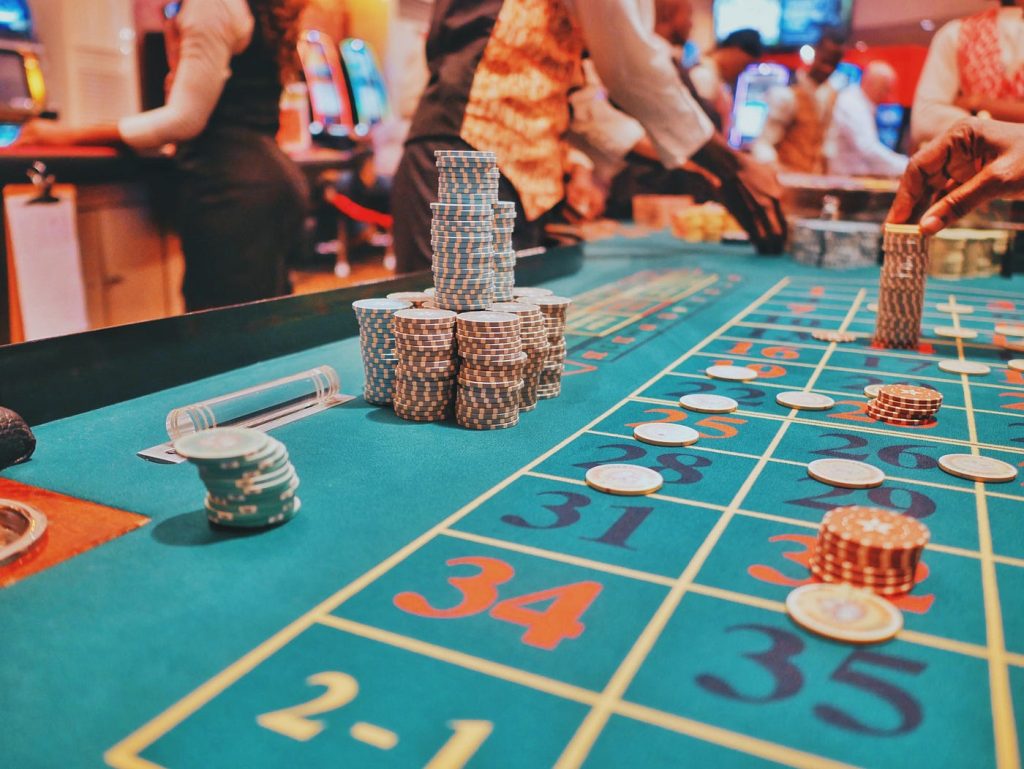Online or offline, casino gambling is risky and requires decision-making in conditions of uncertainty. Human psychology plays a part in these decisions, and the results of cognitive biases could result in irrational behaviour.
The illusion of control is the gambler’s belief that they can influence the outcome of a game. It is based on previous results or patterns, and it can be caused by a variety of causes.
Addiction
Gambling addiction affects millions across the United States. Compulsive gamblers are often unable stop their behavior and can result in financial damage, relationship issues as well as criminal activities. Also, they may develop depression and suicidal tendencies. There are a myriad of methods to manage addiction to gambling. This includes therapy and support groups.
Many factors can contribute to gambling addiction The brain reward system as well as cognitive biases and the risk. It is hard to identify a gambling problem and a lot of people do not seek help. Gambling is a popular activity in certain communities, which makes it hard to spot a problem.
Gamblers addicted to gambling are unable to control their spending, or reduce their losses. They are compelled to continue gambling to recover the losses. This can lead to serious consequences such as financial ruin and the loss of earnings. People who gamble with a pathological condition have a greater suicide rate than non-addicted people.
Cognitive biases
Cognitive biases are defined as patterns of thought which result in irrational choices and decisions. These biases arise because of our brain’s tendency for information to be filtered through our personal experiences and our preferences. These shortcuts aid us in navigating our daily lives however they can cause irrational decisions and interpretations. Gambling can be linked to cognitive biases, which can result in uninformed decisions and behavior that can be detrimental to the well-being of gamblers.
The illusion of control is a typical cognitive bias that can lead gamblers to believe they are more in control of unpredictable events than they actually do. This could lead them to develop beliefs that claim to improve their chances of winning. They also believe that a hot hand or streak will occur again, even though they are purely based on luck.
Loss aversion is another cognitive bias that leads gamblers to seek to recoup losses, attempting to recuperate their funds while taking high risk. This can be remediated by establishing acceptable, predetermined loss limits before gambling and observing them consistently.

Illusion of control
It’s a psychological belief that leads people to believe they can control the things that happen. It has been linked to gambling and belief in the paranormal. This trait is part of the fundamental self evaluations (CSE), along with optimism bias, as well as locus control. People with a high CSE score tend to think they are in control of their surroundings.
Researchers have discovered that the illusion of being in control is more prevalent when people are personally involved and are aware of the situation, and know the outcome they want. Depression and the need to control be a factor in the illusion.
Although it’s good to feel at ease but excessive beliefs about control can result in unhealthy behavior such as gambling. Problem link vao 12bet gamblers, for example are often trying to regulate the outcome of their gaming sessions through routines or methods. They might also believe that their actions affect the outcome of a random thing, like the amount of coins a slot machine gives them. The sunk-cost fallacy is the basis of the belief that their actions will have an effect.
Near miss effect
Gambling is a very common pastime for people to enjoy. However, it could cause serious professional, personal and financial consequences for a few individuals. Understanding how gamblers become addicted will help researchers create more effective strategies to treat gambling addiction.
The effects of near misses can be explained by a form generalization of stimuli. In this case, neutral stimuli are given the effect of a conditionally reinforcing reinforcement when placed in proximity to an conditioned reinforcer. The findings show that latencies for outcomes on reels that are more similar to wins than those for dissimilar stimuli, confirm this explanation.
The illusion of control is another possible explanation for this effect. In this process, the gambler views a near-miss as proof of their own development and is a reason to continue playing. The results from brain-related events potencies shows that the rACC increases when a gambler is in control of their betting choices. Additionally, these findings suggest that the illusion of control may be a central factor in gambling motivation and may be linked to the root cause of problem gambling.
Loss aversion
Loss aversion is the tendency of preferring to stay clear of losses over achieving similar gains. Gamblers might take on more risky bets in order to compensate for previous losses. This could lead to irrational behavior and negative effects on finances. The way that choices are presented may alter this bias. In addition, brain imaging studies have shown that people process losses and gains differently. For example, loss triggers stronger neural responses in the ventral striatum as well as amygdala.
Gamblers suffering from loss aversion may overcome it by setting time and money budgets prior to committing to gambling and observing these limits no matter what the outcome of their bets. They can also diminish the illusion of control by accepting the chance of outcomes and focusing on the enjoyment of the game.
The endowment factor, or the tendency to overvalue items you own in comparison to similar items that you don’t have This is what is believed to be the main factor behind the house-money phenomenon. Another reason is the quasi-hedonic editing rule that states that people tend to segregate their gains, and also integrate subsubsequent losses alongside prior gains.
